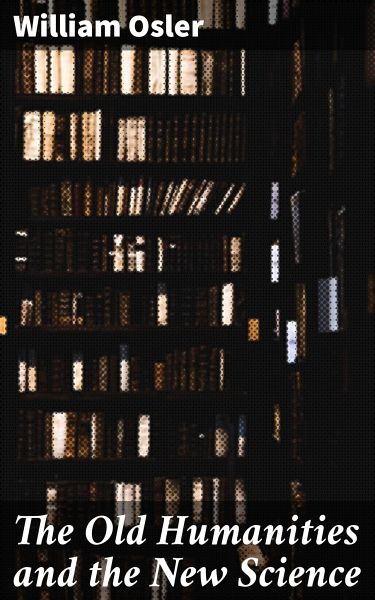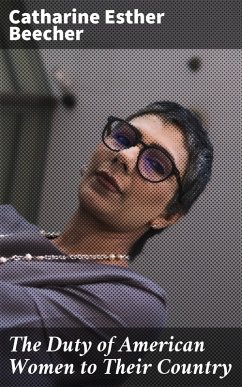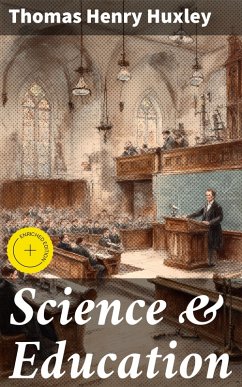
The Old Humanities and the New Science (eBook, ePUB)
Enriched edition. Exploring the Fusion of Knowledge: Integrating Humanities and Science in the Late 19th Century
Kommentar: Gibson, Paige / Redaktion: Good Press
Versandkostenfrei!
Sofort per Download lieferbar
1,99 €
inkl. MwSt.
Weitere Ausgaben:

PAYBACK Punkte
0 °P sammeln!
In "The Old Humanities and the New Science," William Osler explores the evolving relationship between the traditional disciplines of the humanities and the burgeoning field of modern science. With an engaging literary style characterized by eloquent prose and sharp intellect, Osler deftly navigates the historical context of medical education and the philosophical debates surrounding the dualities of science and humanistic inquiry. This book is a remarkable reflection on how the quest for knowledge is enriched by both the rigorous methods of scientific investigation and the qualitative insights...
In "The Old Humanities and the New Science," William Osler explores the evolving relationship between the traditional disciplines of the humanities and the burgeoning field of modern science. With an engaging literary style characterized by eloquent prose and sharp intellect, Osler deftly navigates the historical context of medical education and the philosophical debates surrounding the dualities of science and humanistic inquiry. This book is a remarkable reflection on how the quest for knowledge is enriched by both the rigorous methods of scientific investigation and the qualitative insights provided by humanistic exploration, situating Osler's work at the intersection of these vital fields during the late 19th and early 20th centuries. William Osler, a pivotal figure in the development of modern medicine, was not only a distinguished physician but also a passionate advocate for the integration of the arts and sciences in medical education. His belief in the importance of a well-rounded education stems from his own experiences and the transformative impact they had on his approach to medical practice. This book encapsulates his vision of a holistic approach to medicine, emphasizing the inherent value of the humanities in shaping compassionate and insightful healthcare professionals. Readers seeking to deepen their understanding of the interplay between science and the humanities will find Osler's insights timeless and relevant. His eloquent argument urges us to reconsider the place of the humanities in contemporary education and practice, making "The Old Humanities and the New Science" an essential read for scholars, healthcare professionals, and anyone interested in the philosophical underpinnings of knowledge. In this enriched edition, we have carefully created added value for your reading experience: - A succinct Introduction situates the work's timeless appeal and themes. - The Synopsis outlines the central plot, highlighting key developments without spoiling critical twists. - A detailed Historical Context immerses you in the era's events and influences that shaped the writing. - An Author Biography reveals milestones in the author's life, illuminating the personal insights behind the text. - A thorough Analysis dissects symbols, motifs, and character arcs to unearth underlying meanings. - Reflection questions prompt you to engage personally with the work's messages, connecting them to modern life. - Hand-picked Memorable Quotes shine a spotlight on moments of literary brilliance. - Interactive footnotes clarify unusual references, historical allusions, and archaic phrases for an effortless, more informed read.
Dieser Download kann aus rechtlichen Gründen nur mit Rechnungsadresse in A, B, BG, CY, CZ, D, DK, EW, E, FIN, F, GR, H, IRL, I, LT, L, LR, M, NL, PL, P, R, S, SLO, SK ausgeliefert werden.













